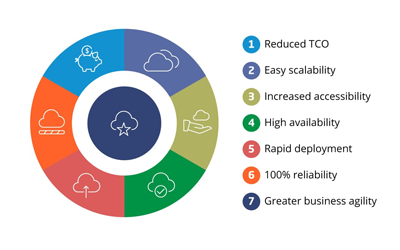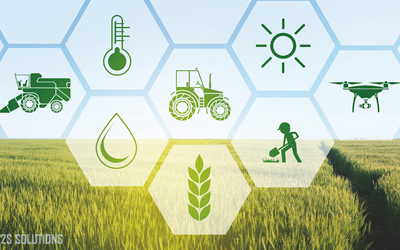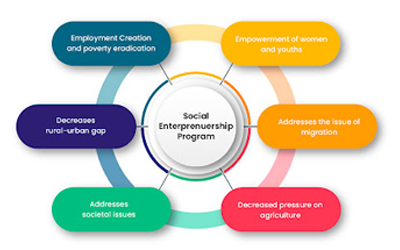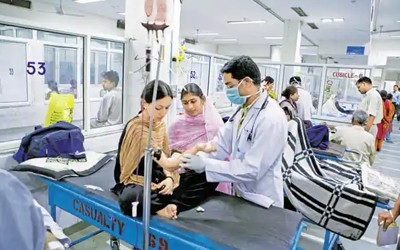New Techniques of Farming
We embrace new technologies and techniques that enhance agricultural productivity while minimizing resource usage. Our initiatives include:
Polyhouse Farming : By using polyhouses, farmers can create controlled environments that protect crops from adverse weather conditions and pests, leading to higher yields and better quality produce.
Polynet Farming : Polynet farming involves using nets to protect crops from pests and diseases while allowing sunlight and air to reach the plants. This method helps reduce chemical usage and improve crop health.
Precision Farming : Precision farming utilizes advanced technologies such as GPS, drones, and sensors to optimize crop management practices, including irrigation, fertilization, and pest control. This results in increased efficiency, reduced resource wastage, and improved yields.
Hydroponics and Aquaponics : Hydroponic and aquaponic systems enable soil-less cultivation of crops using nutrient-rich water solutions. These methods conserve water, maximize space utilization, and produce higher yields compared to traditional farming.
Vertical Farming : Vertical farming involves growing crops in vertically stacked layers, often indoors or in controlled environments. This innovative approach maximizes space utilization, reduces land requirements, and minimizes environmental impact.








